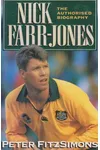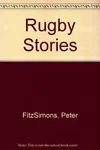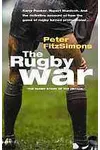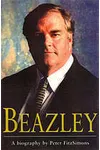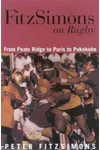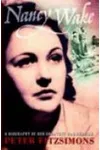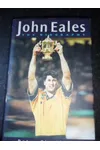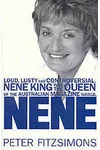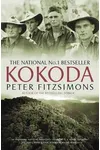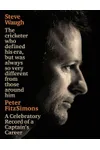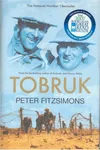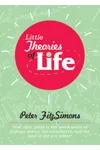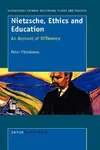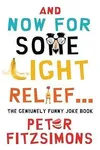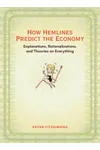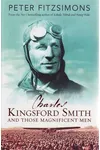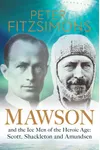Picture a towering Australian rugby star who swapped the scrum for a pen, weaving tales that bring history to life—meet Peter FitzSimons! Known for his vivid historical biographies and engaging columns, FitzSimons has become a beloved figure in Australia, blending athletic grit with storytelling flair to captivate readers and viewers alike.
With a red bandana as his signature, this former Wallaby has penned over 27 bestsellers, from wartime epics to sporting legends, while shaping cultural conversations through his journalism and advocacy. Let’s dive into the life of this multifaceted storyteller!
The Making of Peter FitzSimons
Born on June 29, 1961, in Wahroonga, New South Wales, Peter FitzSimons grew up on a citrus farm in Peats Ridge as the youngest of seven children. His early years were shaped by rural life, followed by education at Knox Grammar School and a transformative year in Ohio as an exchange student. At the University of Sydney, he earned an arts degree, majoring in government and political science, while honing his rugby skills. FitzSimons’s rugby career took off in the 1980s, playing for Sydney University and Manly RUFC, then internationally with CA Brive in France and for the Wallabies, earning seven Test caps between 1989 and 1990.
His transition to writing began with sports columns for The Sydney Morning Herald in 1987, where his knack for storytelling shone. This pivot from athlete to scribe laid the foundation for a prolific literary career, fueled by his passion for Australian stories and a multilingual charm honed in France and Italy.
Peter FitzSimons’s Unforgettable Stories
FitzSimons is Australia’s bestselling non-fiction author, celebrated for his gripping historical narratives and biographies. His books dive into the heart of Australian identity, blending meticulous research with a conversational style that makes history feel alive. Notable works include Kokoda, a vivid account of the WWII campaign, and Gallipoli, which captures the ANZAC spirit with emotional depth. His biography Nancy Wake brings to life the daring WWII heroine, while Monash’s Masterpiece details the strategic brilliance of General John Monash at the Battle of Le Hamel.
His writing style is immersive, often weaving dialogue and drama to transport readers to the battlefields or outback. FitzSimons’s passion for unsung heroes and pivotal moments shines through, making complex history accessible and thrilling. Whether chronicling Ned Kelly’s rebellious saga or Sir Douglas Mawson’s Antarctic survival, his books resonate with readers eager for authentic Australian tales.
Beyond books, FitzSimons’s columns, like “The Fitz Files,” offer witty takes on sports and community life, while his TV appearances on Foxtel’s The Back Page showcase his charisma. His ability to bridge print, radio, and television has cemented his status as a media powerhouse.
Why Peter FitzSimons Matters
FitzSimons’s impact extends beyond literature. As chair of the Australian Republic Movement from 2015 to 2022, he championed progressive causes, while his advocacy against stadium demolitions in 2017 sparked a 220,000-signature petition, influencing public debate. His storytelling has preserved Australian history, making figures like Albert Jacka and Nancy Wake household names. In 2011, he was named a Member of the Order of Australia for his contributions to literature, journalism, and community causes, including conservation and disability care.
His work inspires readers to connect with their heritage, blending humor and heart to make history relatable. FitzSimons’s red bandana, a gift from his children, symbolizes his approachable persona, earning him the nickname “Pirate Pete” and a lasting place in Australia’s cultural landscape.
About Peter FitzSimons
- Born: June 29, 1961, Wahroonga, New South Wales
- Key Works: Kokoda, Gallipoli, Nancy Wake, Monash’s Masterpiece
- Awards: Member of the Order of Australia (2011)
- Fun Fact: Known for his red bandana, worn for his three children
Ready to explore Australia’s past through a master storyteller’s lens? Snag Gallipoli or Kokoda and dive into Peter FitzSimons’s thrilling world of history!
